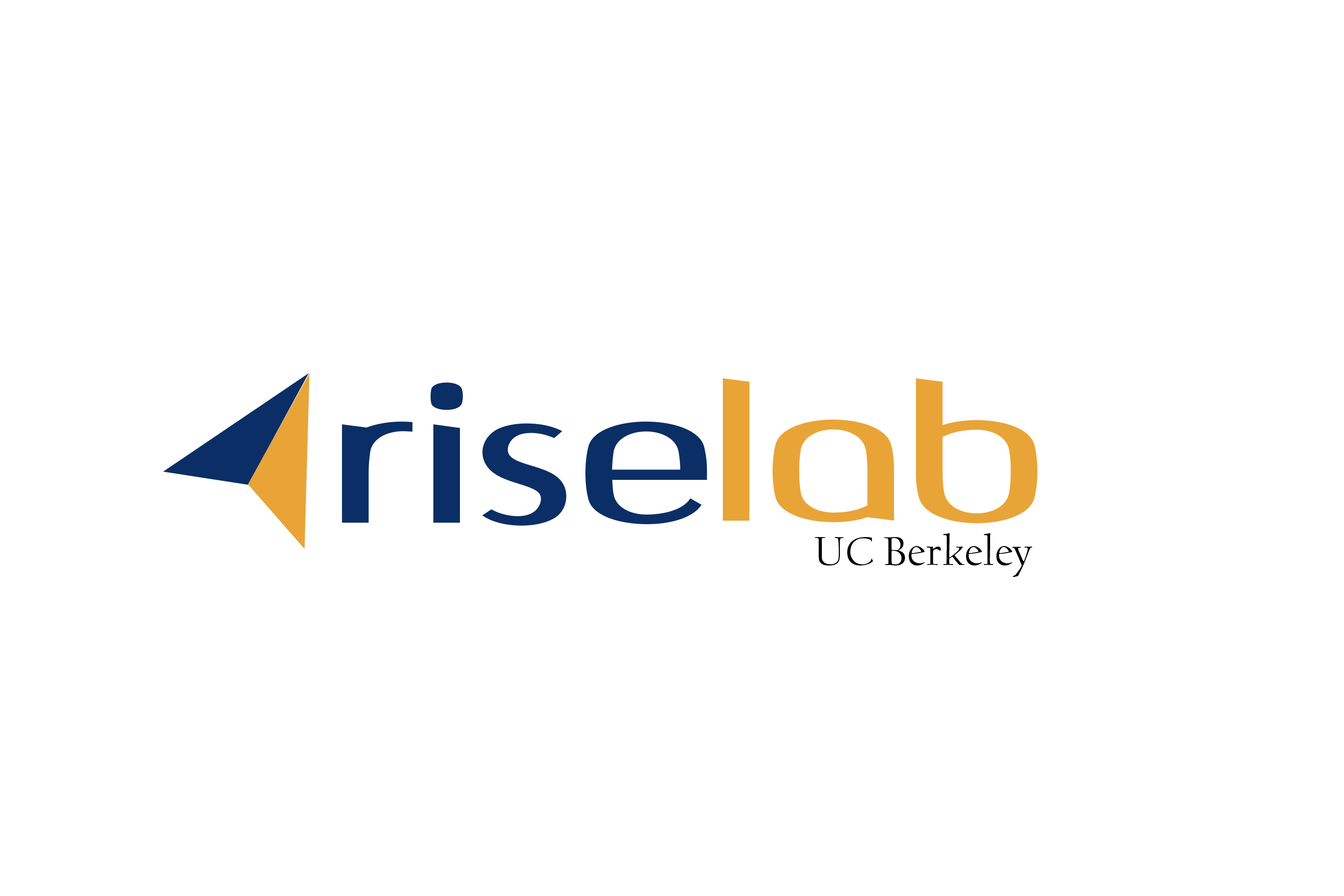Berkeley launches RISELab, enabling computers to make intelligent real-time decisions
The new five-year intensive lab follows on AMPLab and aims to speed up machine decision making to milliseconds

January 23, 2017
UC Berkeley today launched the RISELab, the successor of AMPLab, and the latest in its series of five-year intensive research labs in computer science. RISELab’s mission is to improve how machines make intelligent decisions based on real-time input. The lab has support from founding sponsors that include Amazon Web Services, Ant Financial, Capital One, Ericsson, GE Digital, Google, Huawei, Intel, IBM, Microsoft and VMWare.
The lab focuses on the development of data-intensive systems that provide real-time intelligence with secure execution (RISE). RISELab’s principal investigator and director, professor Ion Stoica, said that the lab’s mission is to tackle “a longstanding grand challenge in computing: to enable machines to rapidly take intelligent actions based on real-time data and context from the world around them. This technology has applications wherever computing decisions need to interact with the world in real time, ranging from earthquake warning systems, to coordinating fleets of self-driving cars and drones, to cybersecurity and real-time financial services.” RISELab is housed in Soda Hall in the Department of Electrical Engineering and Computer Sciences within the College of Engineering.
The RISELab follows on the success of Berkeley’s AMPLab, a pioneering Big Data effort, which launched widely used open source projects including Apache Spark, Apache Mesos and Alluxio.
“Data science is a critical area of expertise for the future of organizations across all industries. From its work with SQL to Apache Spark, Berkeley’s AMPLab has been driving innovation in the area of data science,” said Dinesh Nirmal, vice president of analytics development at IBM. “We are looking forward to working with UC Berkeley RISELab to further advance data science technology for the next generation workforce.”
Like much of the Big Data movement, the AMPLab focused mostly on offline data analysis problems, where minutes and hours could be devoted to extracting value from data. At the RISELab, however, researchers are looking to decisions in milliseconds.
“The RISE challenge is to allow machines to make decisions in a tight loop with the real world,” said lab principal investigator, professor Joseph Gonzalez, an expert in machine learning systems. “So we need systems that can both understand the big context, and continuously adapt their beliefs and make robust decisions in real time.”
Read more about RISELab on the College of Engineering's website